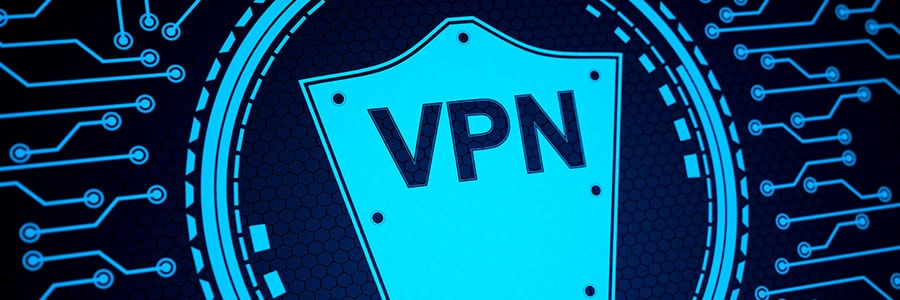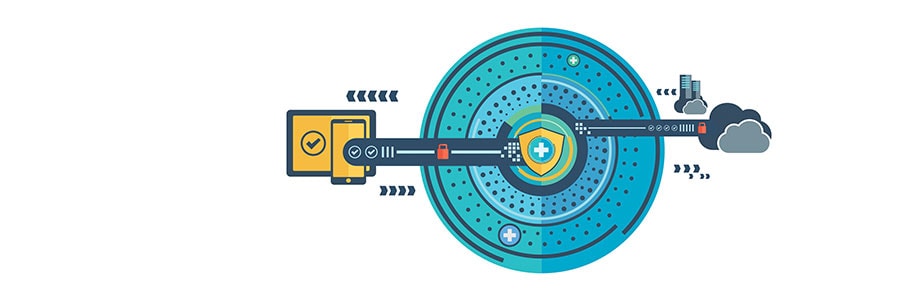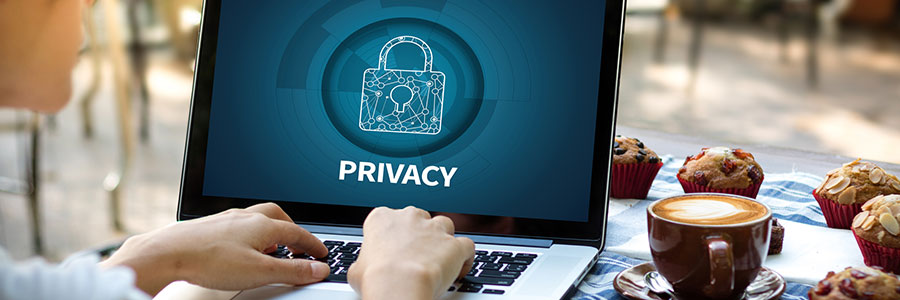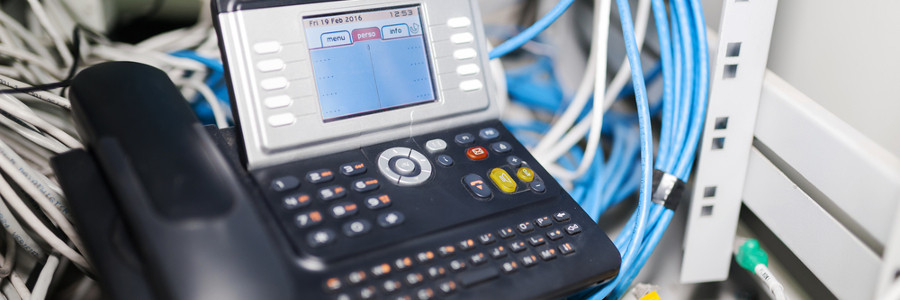Working from home is becoming an increasingly popular option for employees around the world. While this flexible work arrangement can be a great perk for employees, it also comes with its own set of security risks. Follow these cybersecurity tips so you can protect yourself, your personal information, and your company's data while telecommuting.
Working remotely? Follow these cybersecurity tips
Keep online trackers at bay through private browsing

These days, it’s nearly impossible to keep your internet activities completely private. Browsers keep track of your online behavior, while some websites collect your personal information. Although these data are often used for marketing purposes, it’s not uncommon for them to fall into the hands of identity thieves and other malicious actors.
Why you need a VPN and how to choose the right one

Today, just installing anti-malware software and a firewall on your computer isn’t enough to keep you safe as you use the internet. Nowadays, a hacker can intercept messages sent to and from your computer and steal the data they contain. This is why you need a virtual private network (VPN).
What is a VPN?
A VPN creates a secure tunnel between your device and the websites you visit, protecting you from hackers looking to intercept your data.
5 Vital VoIP measures to implement
The hows of watering hole attack prevention

There are millions of malware in existence, with new ones being developed by the minute. This is terrible news for anyone who stores personal information online — which is basically everyone in the world today. Learn how you can avoid being a victim of a watering hole attack, one of the most common ways cybercriminals introduce malware into networks.
Here’s why you need a VPN and how to choose one

Installing antivirus software and using strong passwords are no longer considered the bare minimum in cybersecurity. With your online activities transparent to internet service providers, third parties, and hackers alike, it’s important to keep your information secure and private by using a virtual private network (VPN). Here’s why.
Optimize your new laptop with these tips
What private browsing can and can’t do

As you surf the web, it’s nearly impossible to keep your internet activity completely private. Certain websites collect personal information for marketing purposes and your browser keeps track of all the websites you visit. That browsing information can also fall into the wrong hands, which is why you should consider using private browsing if you want to keep your online activities to yourself.
Cybersecurity tips for working remotely
Protect your network from watering hole attacks

With evil elements continuously developing novel ways to infiltrate networks and steal user data, it is more crucial than ever to stay one step ahead of the curve. Protect yourself from cybercriminals by learning more about their methods. Here are some tips to deal with the threat of watering hole attacks:
What are watering hole attacks?
Watering hole attacks are used to distribute malware onto victims’ computers in a similar way phishing activities are conducted.
- 1
- 2





You must be logged in to post a comment.